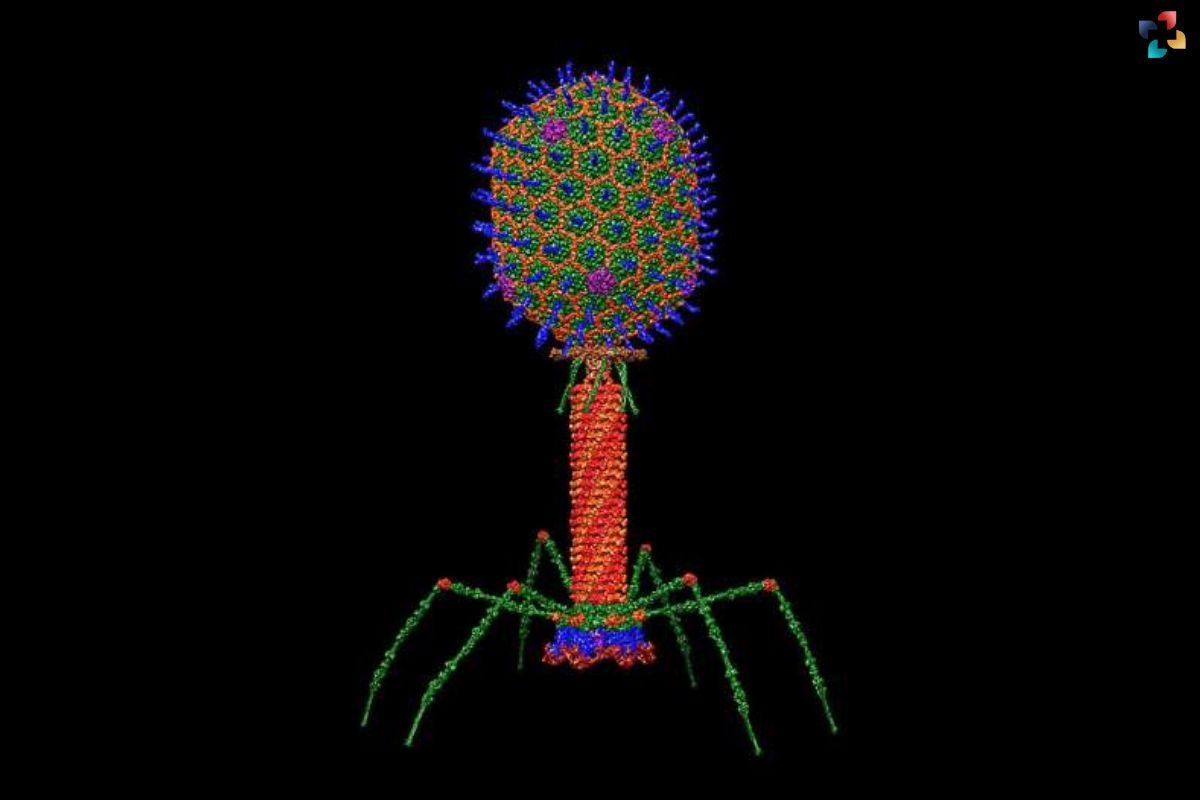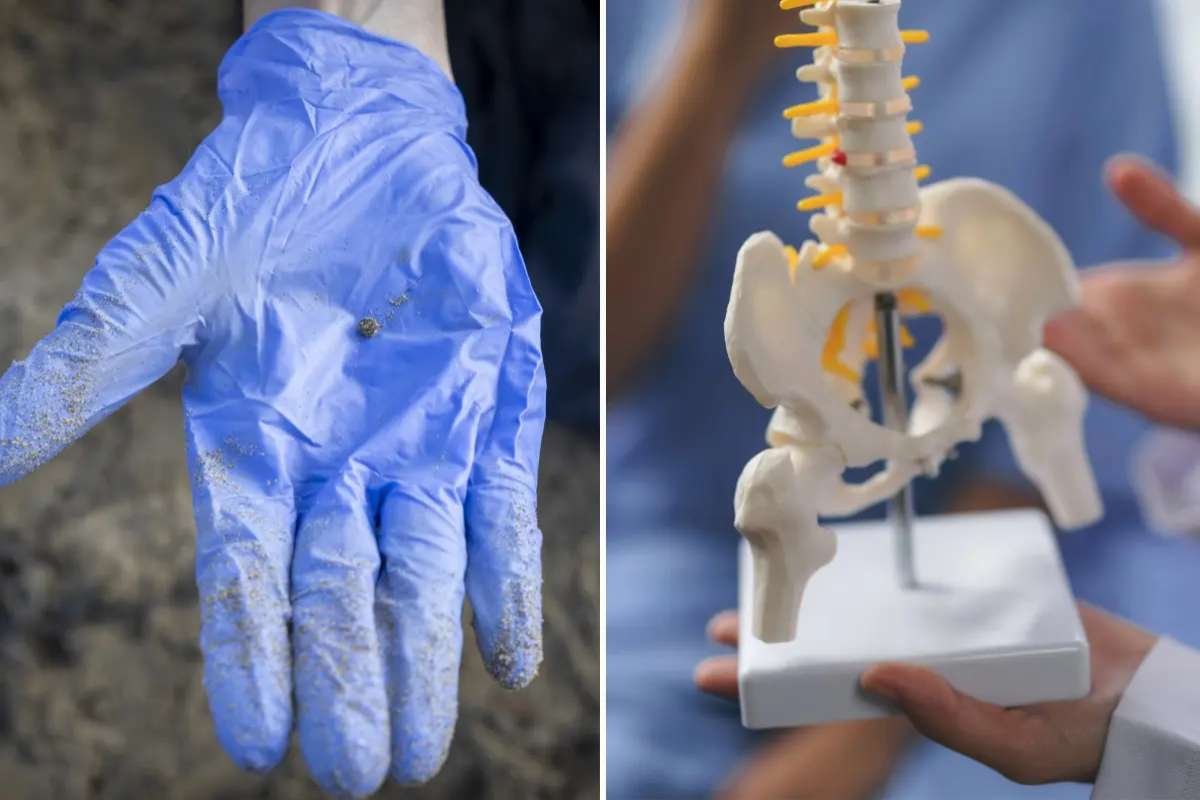Source – Phys.org
In the world of scientific research, significant advancements and discoveries occur frequently. This week, several noteworthy studies have come to light, showcasing innovative approaches in various fields. Here are three intriguing stories from the latest scientific discoveries.
Researchers at the University of Utah have uncovered a fascinating phenomenon in the agricultural realm involving the bacteria Pseudomonas viridiflava. On cultivated land, a particular variant of this bacteria tends to dominate, a pattern not observed on uncultivated land. The scientists embarked on a study to understand this disparity, but their initial findings were startling. They discovered that one bacterial specimen had captured a phage, a type of virus that specifically targets bacteria, and repurposed it to eliminate its bacterial rivals.
This repurposed phage, now a non-self-replicating cluster known as a tailocin, can penetrate the outer membranes of competing pathogens, effectively killing them. Lead researcher Talia Backman suggests that these scientific discoveries could pave the way for developing new antibiotics, which are crucial in combating the growing issue of antimicrobial resistance. She highlights the significance of tailocins in natural bacterial populations, noting that their evolutionary role in killing neighboring bacteria underscores their potential importance in nature.
Self-Programming Language Models
The field of artificial intelligence continues to evolve, with researchers at MIT introducing a groundbreaking technique to enhance the capabilities of large language models (LLMs). While existing LLMs are adept at generating text, they lack the ability to understand semantics or logic fully, limiting their usefulness in tasks requiring symbolic reasoning. To address this limitation, MIT researchers have developed a method called natural language embedded programs (NLEP), designed to improve performance in tasks involving natural language, mathematics, and data analysis.
The NLEP approach involves a four-step process. Initially, the model calls the necessary packages for the task. It then imports natural language representations of the required knowledge or data. In the third step, the model generates a function to calculate the answer. Finally, it produces the result in natural language. This method has shown a 90% accuracy rate across various reasoning tasks, demonstrating its potential to significantly enhance the efficiency and effectiveness of language models, especially for users with repetitive or similar queries.
Urban Cooling Through Passive Methods
Amid rising urban temperatures, innovative cooling solutions are becoming increasingly important. Researchers have been exploring passive cooling techniques to mitigate the heat in densely populated cities. Passive cooling methods do not rely on external energy sources but instead utilize design and material choices to reduce indoor temperatures naturally.
These techniques include the use of reflective roofing materials, green roofs, and enhanced ventilation systems. Reflective roofing materials help to bounce sunlight away, reducing heat absorption. Green roofs, which are covered with vegetation, provide insulation and reduce the urban heat island effect by cooling the surrounding air through evapotranspiration. Improved ventilation systems enhance airflow, facilitating the removal of warm air from indoor spaces.
Such passive cooling strategies are not only environmentally friendly but also cost-effective, offering a sustainable solution to urban heat challenges. As cities continue to expand and global temperatures rise, these innovations could play a crucial role in maintaining livable urban environments.
These three stories highlight the dynamic nature of scientific discoveries and its potential to address various challenges. From bacteria employing viruses as weapons to advancements in AI and innovative urban cooling methods, these studies of reflect the ongoing quest for knowledge and solutions in diverse fields. As researchers continue to push the boundaries of science, their scientific discoveries hold promise for a better and more sustainable future.







